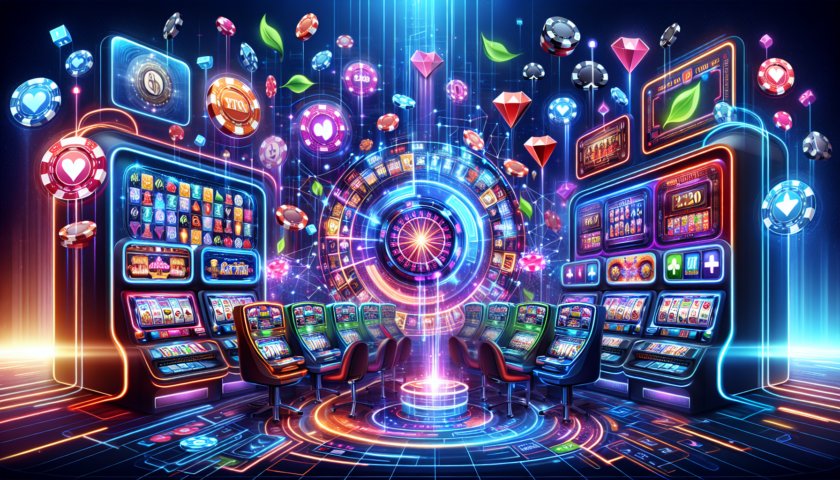In recent years, online gaming has transcended mere entertainment, evolving into a multifaceted social, cultural, and economic phenomenon. With advancements in technology, a surge in internet accessibility, and an ever-growing community of gamers, online gaming METEOR 189 have reshaped how people play, connect, and engage in gaming experiences.
What Are Online Gaming Platforms?
Online gaming platforms are digital environments that facilitate multiplayer gaming experiences over the internet. These platforms can host various genres, including massively multiplayer online role-playing games (MMORPGs), first-person shooters (FPS), strategy games, and casual mobile games. They enable players to interact, compete, and collaborate, often featuring integrated social tools such as chat systems, forums, and leaderboards.
The Evolution of Online Gaming
The roots of online gaming can be traced back to the early 1970s with the advent of mainframe games, but it wasn’t until the late 1990s and early 2000s that the industry truly began to flourish. The launch of broadband internet made it possible for gamers to connect and compete in real-time, paving the way for iconic platforms like Blizzard’s Battle.net and Valve’s Steam.
Over the years, technological innovations have driven the evolution of online gaming. Enhanced graphics, improved processing power, and the rise of cloud gaming have all contributed to a richer gaming experience. Platforms like PlayStation Network and Xbox Live have made it easier for players to access a vast library of games, engage with friends, and participate in tournaments.
Social Interaction and Community Building
One of the defining features of online gaming platforms is their ability to foster community. Players can connect with others worldwide, forming friendships and alliances that transcend geographic boundaries. Online gaming has also led to the creation of numerous subcultures, with gamers identifying themselves through the games they play and the communities they inhabit.
Platforms like Discord have become essential tools for gamers, allowing them to communicate through voice chat, video, and text. These communities often organize events, tournaments, and streaming sessions, reinforcing social bonds and creating a sense of belonging among players.
The Economic Impact of Online Gaming
The online gaming industry is a powerhouse of economic activity, generating billions in revenue annually. According to a report by Newzoo, the global games market is expected to surpass $200 billion by 2023. This growth is fueled by various factors, including the rise of mobile gaming, the popularity of eSports, and the increasing prevalence of in-game purchases and subscriptions.
In addition to direct revenue from game sales and in-game transactions, online gaming platforms have created new job opportunities in areas such as game development, marketing, and eSports management. Streaming platforms like Twitch have also given rise to a new generation of content creators, enabling gamers to monetize their skills and passions through sponsorships and donations.
Challenges and Concerns
Despite the many benefits of online gaming platforms, there are also challenges and concerns. Issues such as toxic behavior, cheating, and the potential for addiction can mar the gaming experience. Developers and platform operators are increasingly focusing on creating safer environments through moderation tools and community guidelines.
Moreover, the rise of microtransactions and loot boxes has sparked debates about the ethics of monetizing gameplay. Some critics argue that these practices can lead to unfair advantages and exploit vulnerable players, particularly younger audiences. As a result, regulatory scrutiny is growing, with some countries implementing restrictions on loot boxes and in-game purchases.
The Future of Online Gaming Platforms
The future of online gaming platforms looks promising, driven by continuous technological advancements and an expanding global audience. Virtual reality (VR) and augmented reality (AR) are set to revolutionize gaming experiences, offering immersive environments that blur the lines between reality and gameplay. Furthermore, the integration of artificial intelligence (AI) will enhance personalized gaming experiences, adapting gameplay to individual player preferences.
